The Secret to Motivating Yourself to Learn About Finances

If you have a poor relationship with money, it’s going to be hard to talk yourself into how to manage it. Whether you view money as boring or you have a hostile relationship with it, getting financial education is probably one of the last things you’ll want to do.
It’s difficult to be motivated to learn about money if you don’t see how it can bring meaning into your life. Here are a couple of my tips for changing your mindset to see how money can be a positive force for life satisfaction:
Get Honest About Your Relationship With Money
First off, it’s important to get a clear idea of your relationship with money. So, how do you feel about it? What are some beliefs you hold about it? Here’s an excerpt from my article “How Your Relationship With Money Affects Your Finances (and What You Can Do About It)”:
If you want to get a quick pulse on your relationship with money, think about money or say “Money,” out loud to yourself, and then keep track of what emotions come up. More than likely, there will be several that come up in a quick succession: anxiety, avoidance, excitement, compulsion or repulsion, etc.
The goal with this exercise is not to suppress or judge any of the feelings as good or bad. Simply take note of them as they come up. Try this several times to get a full emotional picture.
Once you’ve tried this out, reflect on how your current feelings about money can give you insight into how to improve your relationship with it. I list a couple ideas for doing this in the article mentioned above. 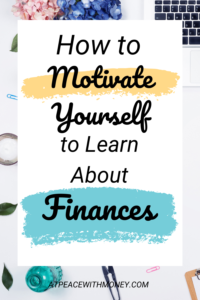
Brainstorm Your Life Goals
Think about your goals for a moment. What are the most meaningful things you can dream of doing? Maybe you dream of supporting yourself as an artist, building a beautiful home, or going on the adventure of a lifetime.
Those dreams are possible, and they are financeable. Your income can be the financial engine that brings those dreams to life! By reflecting more deeply on your goals and connecting them to your finances, you can begin to more clearly see the equation between money and life satisfaction.
Get Inspired
Many people are able to do amazing things with money. This is where finding your “money crush” comes in. What’s a money crush? Someone you know, or know of, who handles their finances in a way you admire. This could be somebody you know personally who has the kind of financial setup you want. It could be someone who writes or speaks about money in a way that inspires you. A money crush is essentially somebody who models the things you want for your own financial life.
Try thinking about the most generous people you know. Imagine being able to give like they do, from a place of abundance. One of my personal money crushes and favorite resources on this topic is Lynne Twist’s book, The Soul of Money. Check out my book review if you want more inspiration to improve your relationship with money.
If you enjoyed this article and you want regular tips and insights about doing money in a way that feels meaningful, you’ll probably enjoy being on my newsletter list. Click below to subscribe! 


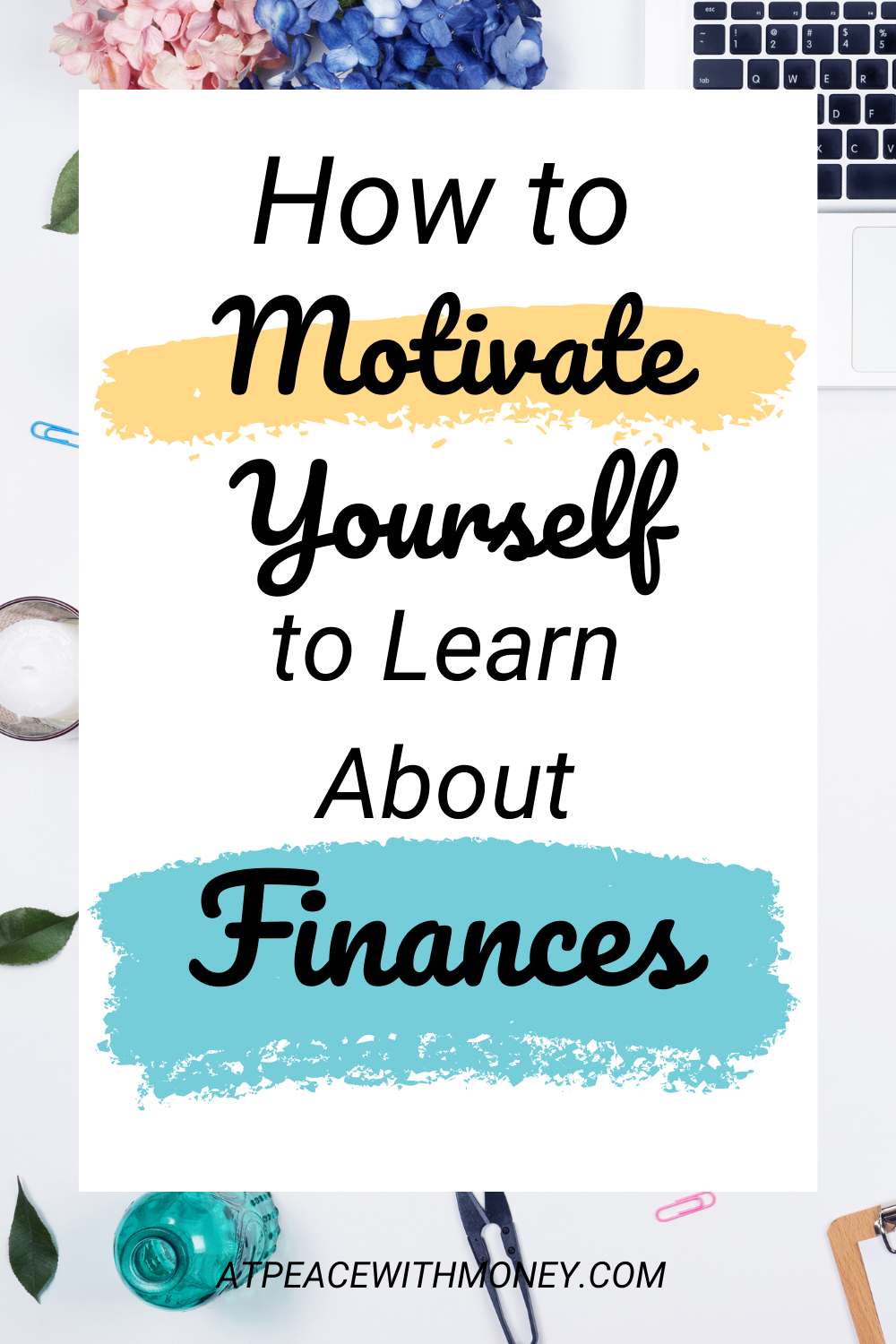

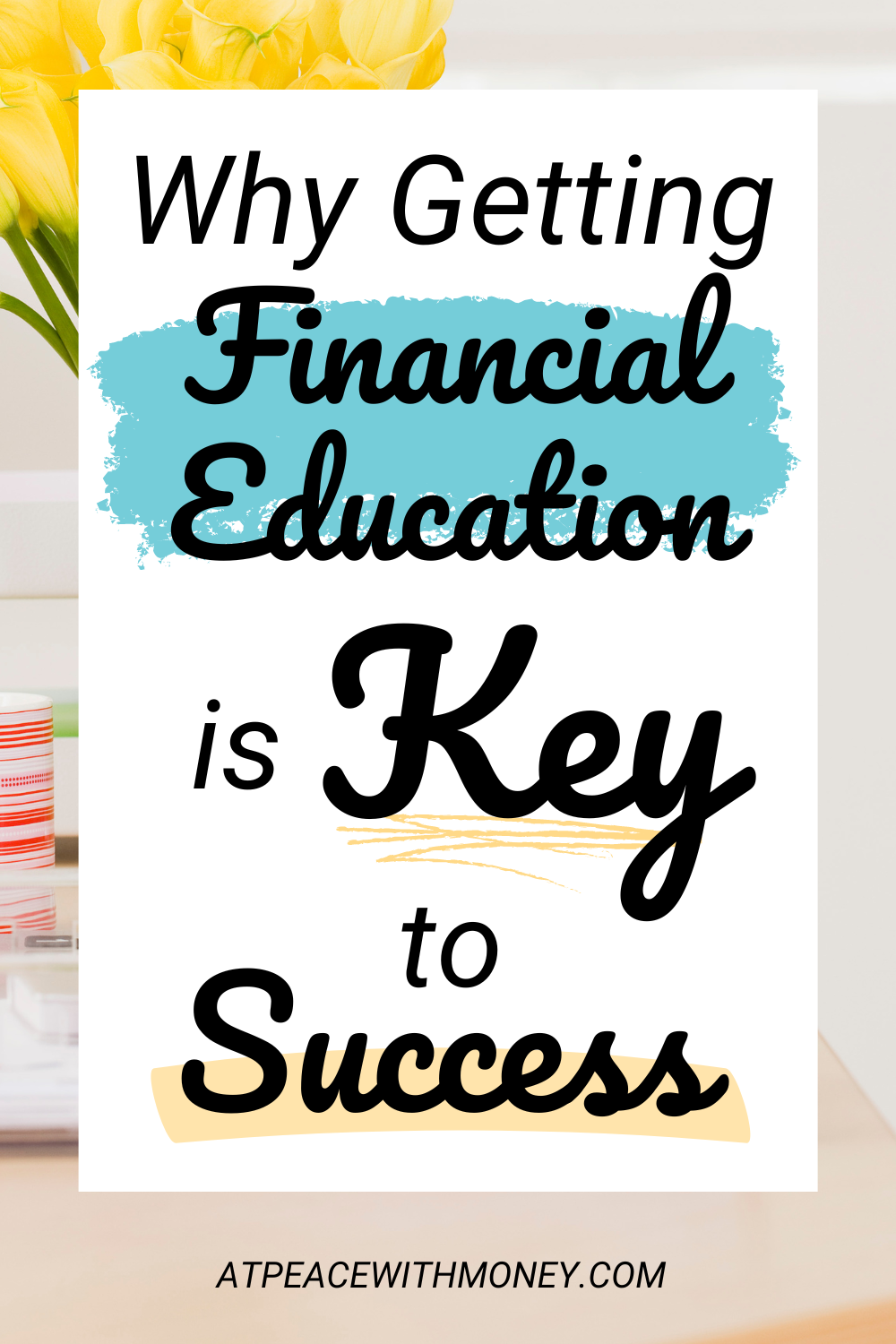

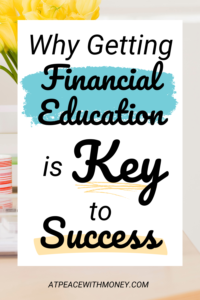


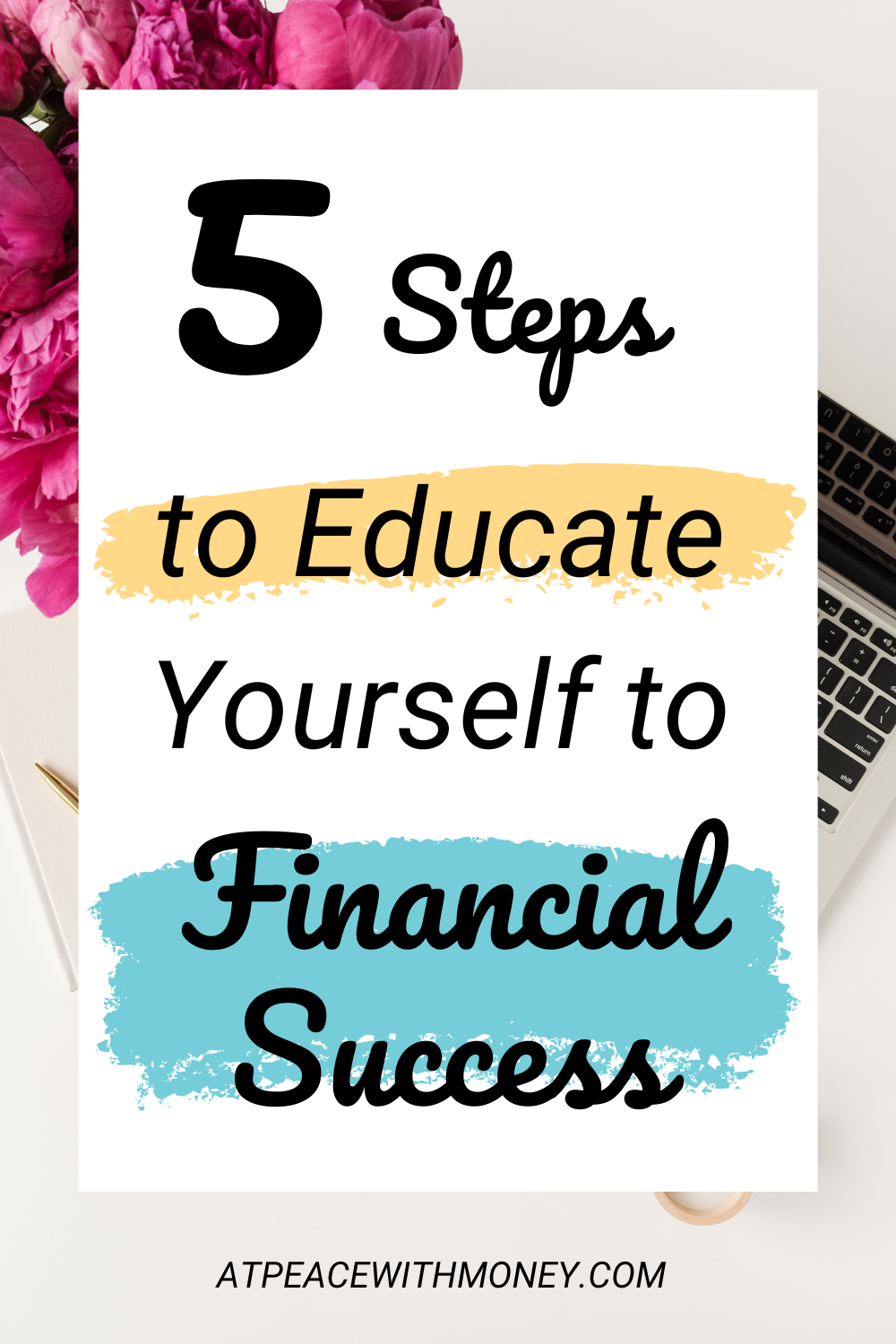

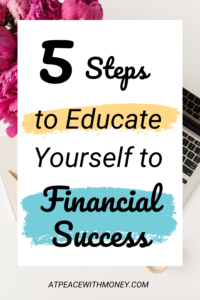

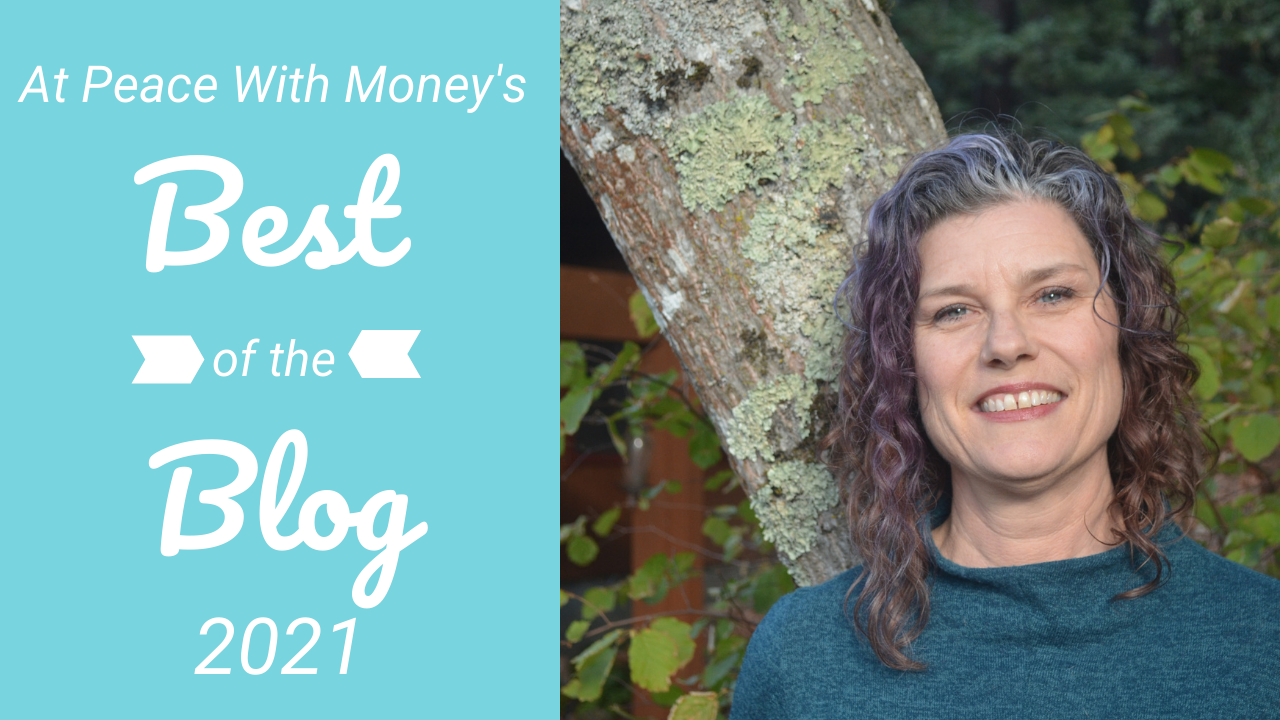
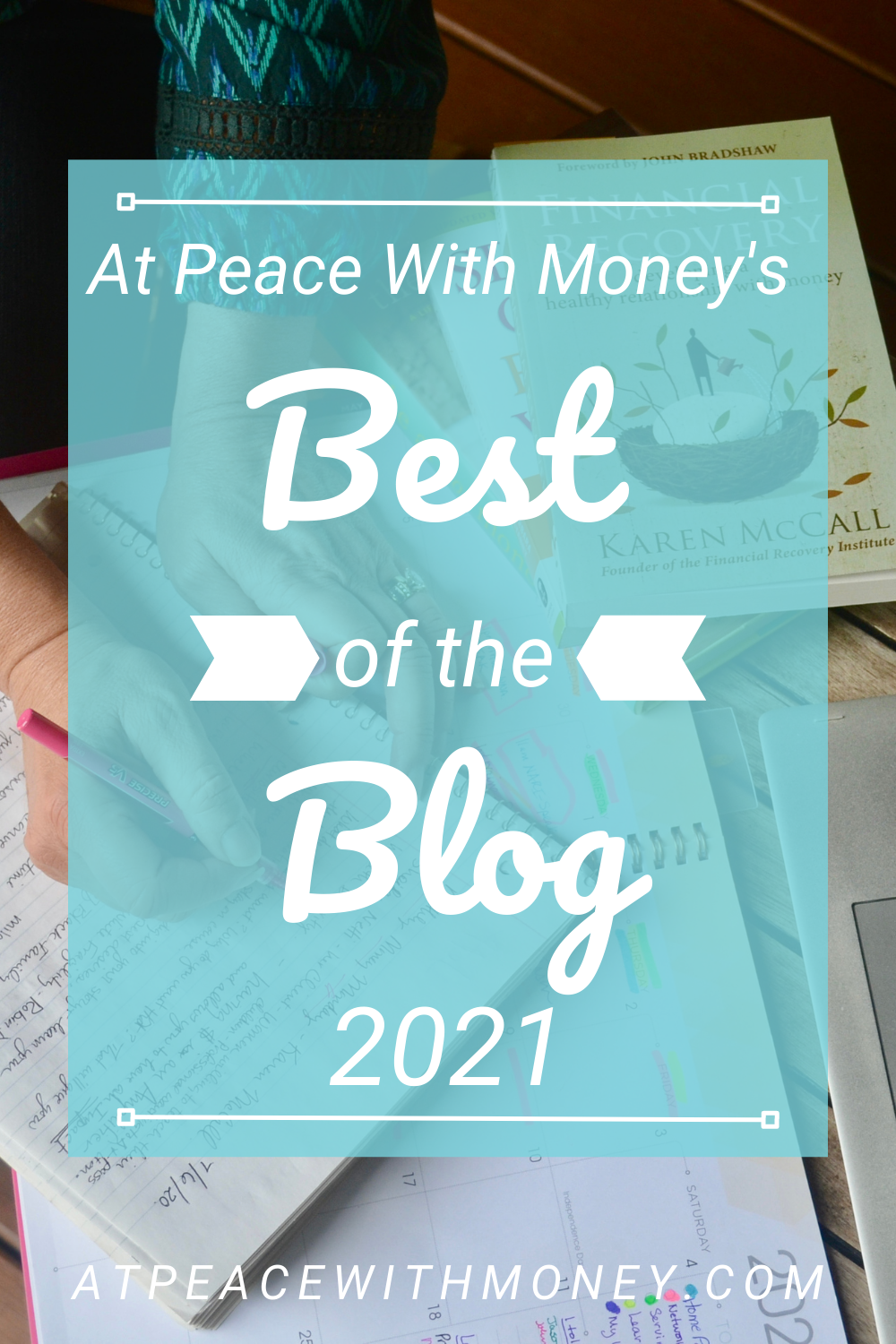






 In this article, the term “financial education” refers to any resource that helps you better understand your finances. Whether this is a podcast, a YouTube channel, a workshop or class series, or working with a coach or bookkeeper, anything you find helpful in this arena counts!
In this article, the term “financial education” refers to any resource that helps you better understand your finances. Whether this is a podcast, a YouTube channel, a workshop or class series, or working with a coach or bookkeeper, anything you find helpful in this arena counts!


 Whether you decide to create a spending plan and reign in your expenses, or feel satisfied with your lifestyle costs, you now have a complete picture of your financial needs. At this point, you can now set informed income goals that are designed to meet those needs in your personal life. Without this crucial information, your goals will just be shots in the dark, aimed at an amount of money that “sounds nice” but doesn’t tangibly satisfy a need.
Whether you decide to create a spending plan and reign in your expenses, or feel satisfied with your lifestyle costs, you now have a complete picture of your financial needs. At this point, you can now set informed income goals that are designed to meet those needs in your personal life. Without this crucial information, your goals will just be shots in the dark, aimed at an amount of money that “sounds nice” but doesn’t tangibly satisfy a need.




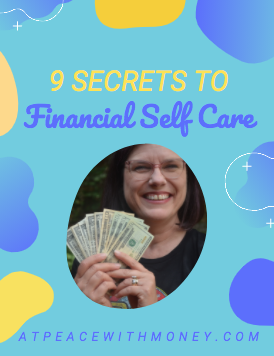


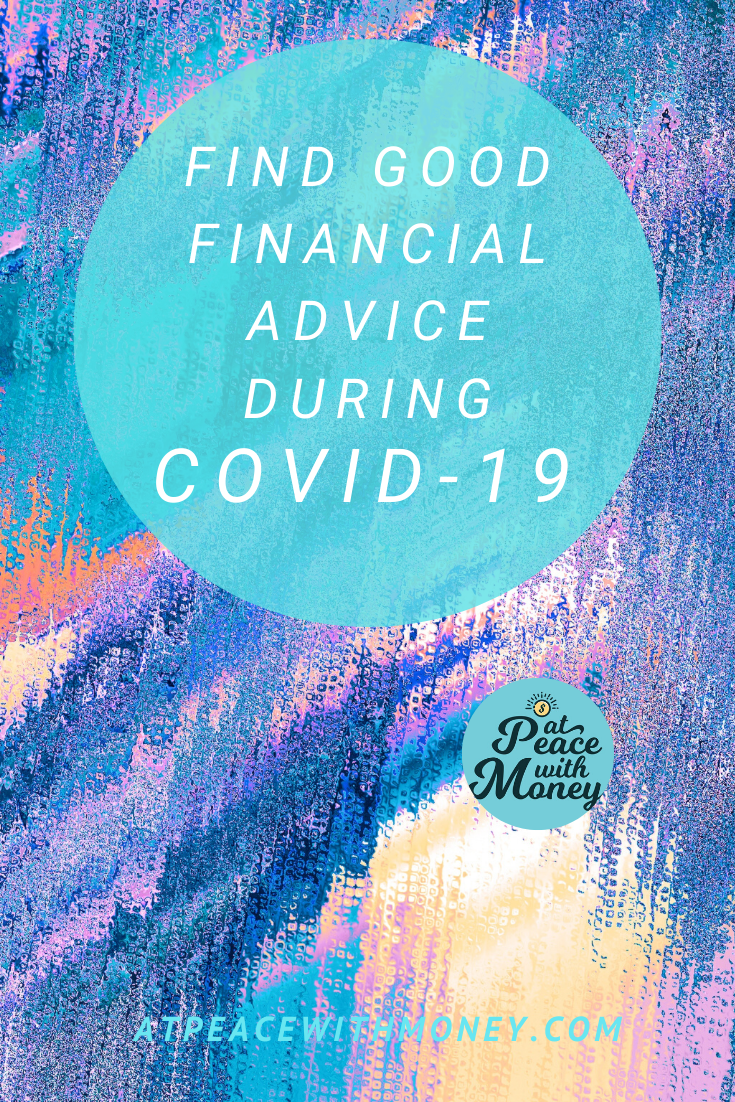

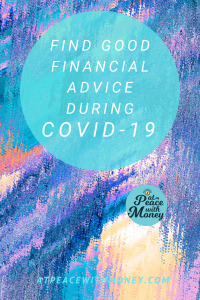



 Further Reading
Further Reading